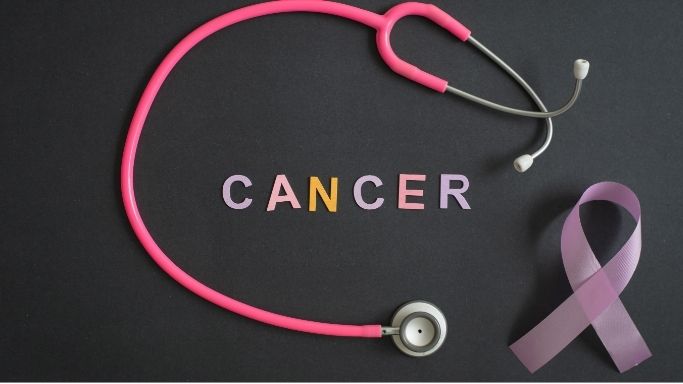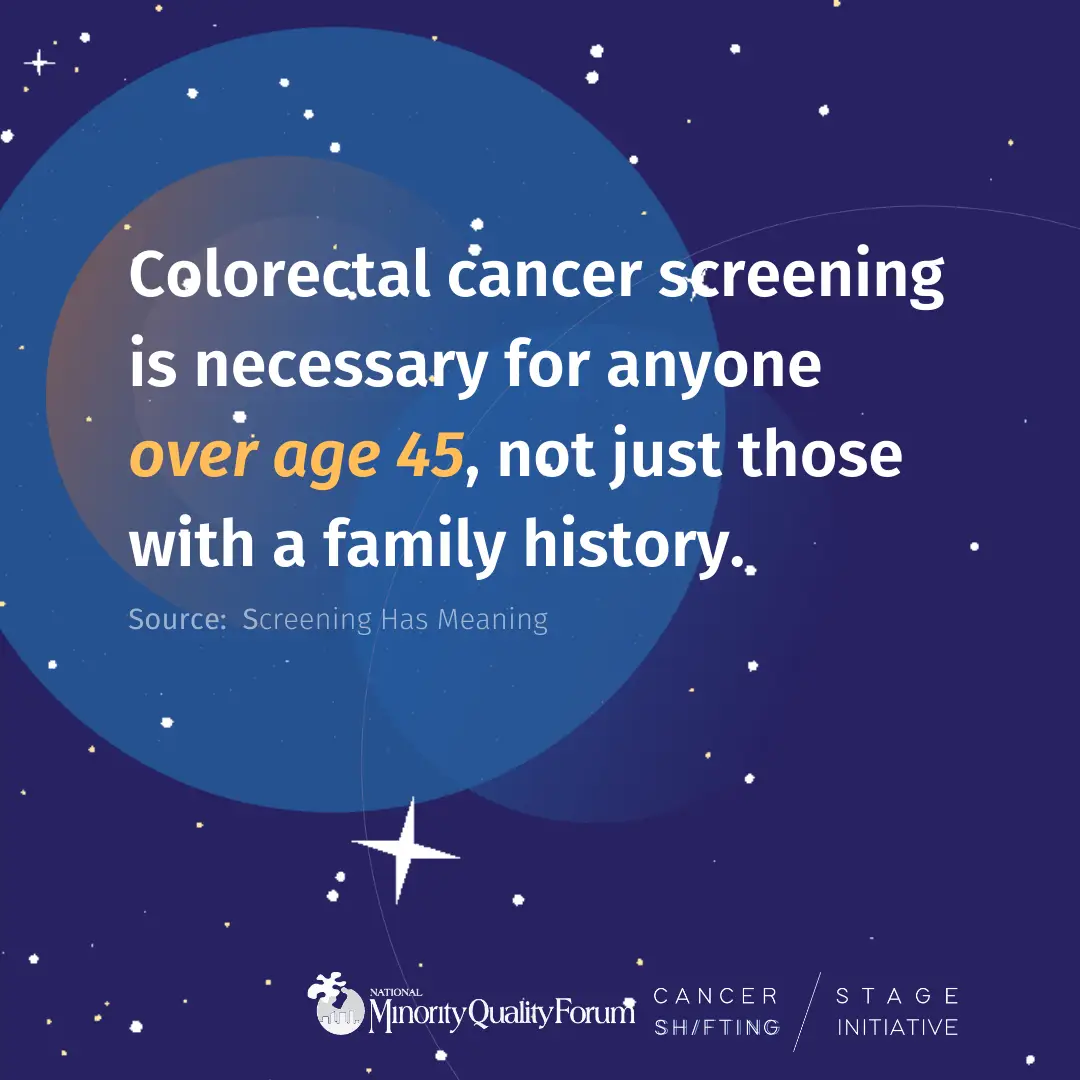Latinx
“Advocating for what we need”: A CBPR approach to advance care planning in the Latinx older adult community
Abstract
Background
Advance care planning (ACP) is low among Latinx older adults. We used community-based participatory research (CBPR) to identify...
Exploring cancer care needs for Latinx adults: a qualitative evaluation
Purpose:
Latinx adults with cancer, as compared with non-Latinx White adults, are diagnosed with more advanced stages and experience...
Subjective Cognitive Decline Linked to Higher Dementia Risk for Black and Latinx People
According to a study published in Neurology, some people report a decline in their memory before the decline is large enough to appear on standardi...
Subjective Cognitive Decline Tied to Incident Dementia in Black, Latinx Individuals
…cognitive decline (SCD) seems to be a marker of future progression to dementia, especially among Latinx and non-Latinx Black individuals, ac...
California Needs More Latinx Therapists — But The Mental Health Field Is Still Full Of Barriers To Entry
Growing up in Daly City, Eric Valladares remembers hearing how his parents and extended family fled El Salvador during the country’s 12-year civil ...
Anti‐immigration policies of the trump administration: A review of Latinx mental health and resilience in the face of structural violence
Abstract
Poor mental health outcomes are a growing concern among Latinx children and adults in the U.S. While existing research has documented risk...
Trending Topics
Features
- Drive Toolkit
Download and distribute powerful vaccination QI resources for your community.
- Health Champions
Sign up now to support health equity and sustainable health outcomes in your community.
- Cancer Early Detection
MCED tests use a simple blood draw to screen for many kinds of cancer at once.
- PR
FYHN is a bridge connecting health information providers to BIPOC communities in a trusted environment.
- Medicare
Discover an honest look at our Medicare system.
- Alliance for Representative Clinical Trials
ARC was launched to create a network of community clinicians to diversify and bring clinical trials to communities of color and other communities that have been underrepresented.
- Reducing Patient Risk
The single most important purpose of our healthcare system is to reduce patient risk for an acute event.



















